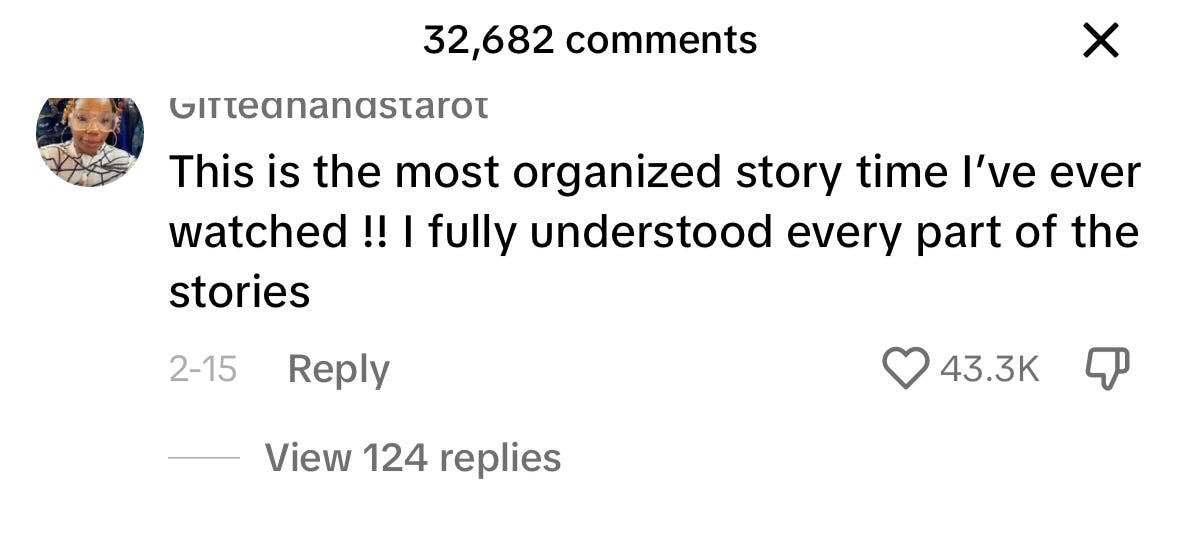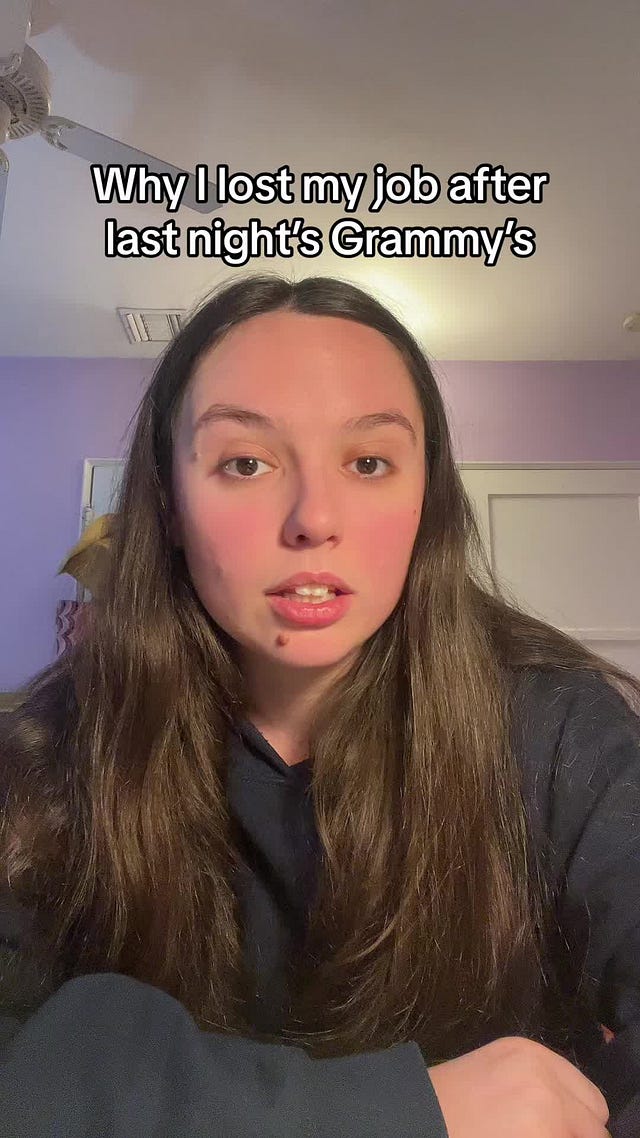On Saturday morning, I taught my Memoir+ seminar at the Westport Writers workshop (shoutout to the Substackers who came:
and !)In this seminar, I trace the history of memoir publishing in the twentieth century, beginning, as Vivian Gornick argues, with testimonies of the Holocaust, which helped to open the door for personal (and political) narratives from black writers and women in the 1960s and 1970s (e.g., Toni Morrison editing Angela Davis when she was at Random House). By the late 1990s, we had memoirs about writers surviving alcoholism, eating disorders, mental illness, and their own families.
But I point to a turning point in the mid-2010s when everything changed for memoirists: the personal essay boom in digital media, combined with the onset of social media.
Once you could get 2,000 words of someone’s incredibly true story, told in incredibly graphic detail, for free on the internet, why buy the book?
Literary agents and magazine editors and marketing and publicity departments at publishers encouraged writers to promote their books by writing personal essays online. Yes, it was possible to get a book deal if your personal essay went viral (mine did in September 2014), but I argue that ubiquity of personal narrative on the internet has actually weakened consumer appetite for memoir (in the form of books).
And now we have TikTok.
When I got home from teaching my memoir class, I needed to clean my house and finish reading Trust Exercise, the National Book Award-winner from 2019, for my book club the next day. I’ll be completely honest with you and say I struggled through the first 130 pages. I kept waiting for the book to reveal itself to me.1
Did I turn to the audiobook while I cleaned my house for book club?
No babe, I went on TikTok and listened to 20 episodes of Who TF Did I Marry, a 52-part video series from a woman who married a pathological liar.
 Tiktok failed to load.
Tiktok failed to load.Enable 3rd party cookies or use another browser
The level of detail in this saga is bananas; anyone who’s ever been gaslit will understand why she memorized everything.
Reesa Teesa is an incredible storyteller and there are a couple techniques that aspiring memoir writers could learn from her:
Dual perspective: the story Reesa is telling us takes place in 2020. She’s narrating it through the lens of hindsight, and her own hard-earned wisdom in 2024. The best memoirs have this “dual perspective,” combining the experiences of her two selves: the woman who lived it, and the woman who lived to tell the story. As I watch the series, I notice how many times she’ll say something like “At the time, I thought, I’m just going to see what he says, if I say…” and “Looking back now, I know that…” The two selves are in dialogue with one another. We read memoirs not only to learn what happened, but to learn the meaning you made from what happened.
Revealing and withholding information: To keep her audience hooked, Reesa strategically withholds and discloses information. She drops little breadcrumbs for us: “Remember this, because later…” Somewhere around episode 17, she tells us she’s going to tell us the name of her ex-husband, for clarity when she refers to him. She says she’ll use the same name that she used with him… when she said “Legion,” I gasped. The drama!
Why am I talking about a TikTok series in a newsletter that’s about book publishing?
Because I think this is memoir’s newest competition: essentially Reesa has created her own serialized reality TV show (interestingly: she is going viral at same time when former reality TV stars are suing Bravo for “tormenting” them, and pressuring them to consume alcohol, to create drama for an audience).
I’m interested in how TikTok is changing how we engage with media, and how it’s raising the bar for what we spend our time and attention on.
The comments section on Reesa’s videos demonstrate to me a desire to participate in the storytelling, or the entertainment.
Those of you who have been following my newsletter for at least a couple months know that I am doing something similar on my Instagram account. I made a satirical video about getting fired from my job at Richual, the company from my novel Self Care, and it went viral.
I’ve been rewatching the show Girls, which is, if you’ve forgotten, a show set in the 2010s, during the peak of the personal essay boom on the internet, about a self-absorbed messy young woman writing personal essays for the internet about being a self-absorbed messy young woman. Lena Dunham is an an exemplary multi-hyphenate: she writes, she directs, she acts.
I was trying to think of an analogue to her career today: a 23-year-old discovered by a big deal Hollywood producer to make a show for HBO. Would it happen today? Could it? Does it? And then I realized that “the next Lena Dunham” is just making her own content on TikTok, and her audience is playing along in real time.
The challenge right now is not how to publish, or share, your work (there are platforms for that), but how do you make money from it?
I wish Reesa Teesa every success on earth: a book deal, a film/TV option, and the blue BMW with a cognac interior of her dreams.
Let me be clear: I do not think all writers need to make video content.
I am not telling you to serialize your entire memoir in a 52-part TikTok series.
I do think that you should be asking yourself what experience your book is going to give a reader, and then find ways to show what that experience is like, so that readers find your work. I’m doing this through satire on Instagram.
How could you make your content more like a game?
The popularity of memoir plus (meaning personal narrative plus history, cultural criticism, true crime, etc.) stems directly from how much personal narrative is widely available for free, online. If you want me to pay for the hardcover, give me another discovery, on top of the fact that this is a story that really happened to you. Teach me something.
Reesa Teesa has raised the bar for us all.
Upcoming events
On March 16, I’ll be the keynote speaker at the Westport Writers Pitch & Publish conference. Many of the pitch spots with agents have been already claimed, but you can buy a ticket just to the conference (without pitching an agent).
Once “Karen” reconnects with Sarah in part two, the novel clicked into high gear for me, the stakes were raised, and the momentum built toward the staged play. It’s a book I’ll be thinking about for a long time, and returning to!













I had been so reluctant and overwhelmed with TikTok, but know this year I had to dive in and try to figure it out. I stumbled into the maze just when Reesa Teesa appeared and was captivated.
🤩
great class, Leigh - and it was lovely to meet you!